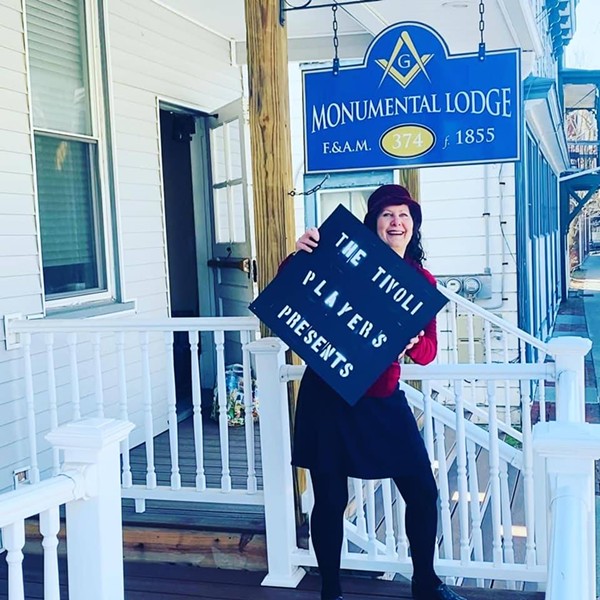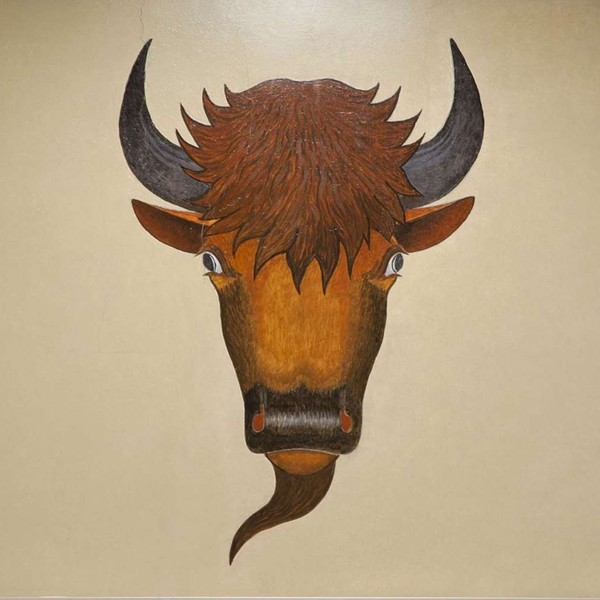The angelic voices
refresh our spirits
so that everything awakens with joy.
—“Das himmlische Leben” (“The Heavenly Life”),
from Des Knaben Wunderhorn by Gustav Mahler
Standing center stage, resplendent in a full-length red silk coat, Upshaw begins to sing “Das himmlische Leben,” the song from which the whole of the symphony springs. Eyes closed, blissfully lost in the strings, tympani, and woodwinds behind her, she delivers, in the original German, the piece’s idyllic, childlike impressions of a saintly feast. As her voice rises to soar above the crescendo, it fills the cavernous hall and pierces the towering ceiling, on its way to heaven itself. Language barrier be damned, the sheer delight of the song’s fairytale imagery—as well as the pleasure and privilege the singer derives from performing it—is unmistakable, intoxicating, liberating. As per her reputation, Upshaw is clearly feeling the text, connecting with the composer’s intended emotion and allowing it to flow through her singularly divine instrument. At the close of the recital the audience is on its feet, its applause thunderous. Repeated shouts of “Bravo!” puncture the mounting din. When the diva returns with the student orchestra for a bow, a colorful bouquet is placed in her outstretched arms. She’s beaming. Spring is clearly in the air, and one can’t help but feel Upshaw helped put it there.
“The orchestra did such a beautiful job,” Upshaw says the following evening, characteristically downplaying her own role and gushing with pride in the students. “To stand with young people playing a masterpiece like that for the first time on stage is just extraordinary, to experience the joy they’re feeling. But I do love singing Mahler’s fourth. I also recently performed it with David Zinman and the [Zurich-based] Tonehalle Orchestra, and I did it a lot at the beginning of my career.”
And for a singer’s career, Upshaw’s is as breathtaking as they come—so take a deep one: Since her professional start with the Metropolitan Opera in 1984 she’s made nearly 300 appearances with the company; has performed in innumerable acclaimed recitals and in leading opera roles across Europe and the US, including several at Carnegie Hall; and collaborated with the Kronos Quartet, Met director James Levine, conductor Sir Simon Rattle, conductor-composer Esa-Pekka Salonen, and pianist Richard Goode. She’s had numerous operas created specifically for her, such as John Harbison’s “The Great Gatsby,” John Adams’s “El Niño,” and Kaija Saariaho’s Grawmeyer Award-winning “La Passion de Simone.” She was a guest of President Bill Clinton and Mrs. Clinton on NBC’s “Christmas at the White House” and was named a Fellow of the American Academy of Arts and Sciences in 2008. Known for her championing of works by contemporary composers like Luciano Berio, George Crumb, Osvaldo Golijov, and others, she is also a four-time Grammy winner who has appeared on over 50 recordings, including Henryk Gorecki’s million-selling Symphony of Sorrowful Songs (1993, Nonesuch Records).
So obviously, then, her becoming a world-renowned soprano can only be the grand fulfillment of a lifelong mission. She must’ve been drawn to classical music at an early age, been groomed for the position like some thoroughbred Russian athlete. “Not at all!” says a bemused Upshaw, who was raised in the Chicago suburb of Park Forest, Illinois. “I grew up with folk music. My father played guitar and sang, and both my parents were active in the civil rights movement. We sang Bob Dylan and Pete Seeger songs, marched, organized community events. I didn’t want to have anything to do with classical music or opera. It was stiff museum music to me, until I really realized what the music was capable of expressing emotionally. Which was around the time I’d really started studying.”
Her studies began with high school singing, and were followed by her graduating from Illinois Wesleyan University in 1982, which led her to the Manhattan School of Music, where she studied under Ellen Faull. Further courses with Jan DeGaetani at Colorado’s Aspen School of Music cemented her passion for modern composers, and her grand arrival ultimately came with the winning of 1984’s Young Concert Artist Auditions and a subsequent invitation by James Levine to join the Metropolitan Opera Studio. “[The invite] was like a golden egg dropping in my lap,” recalls the singer, who also won the prestigious Walter M. Naumberg Competition the following year.

















